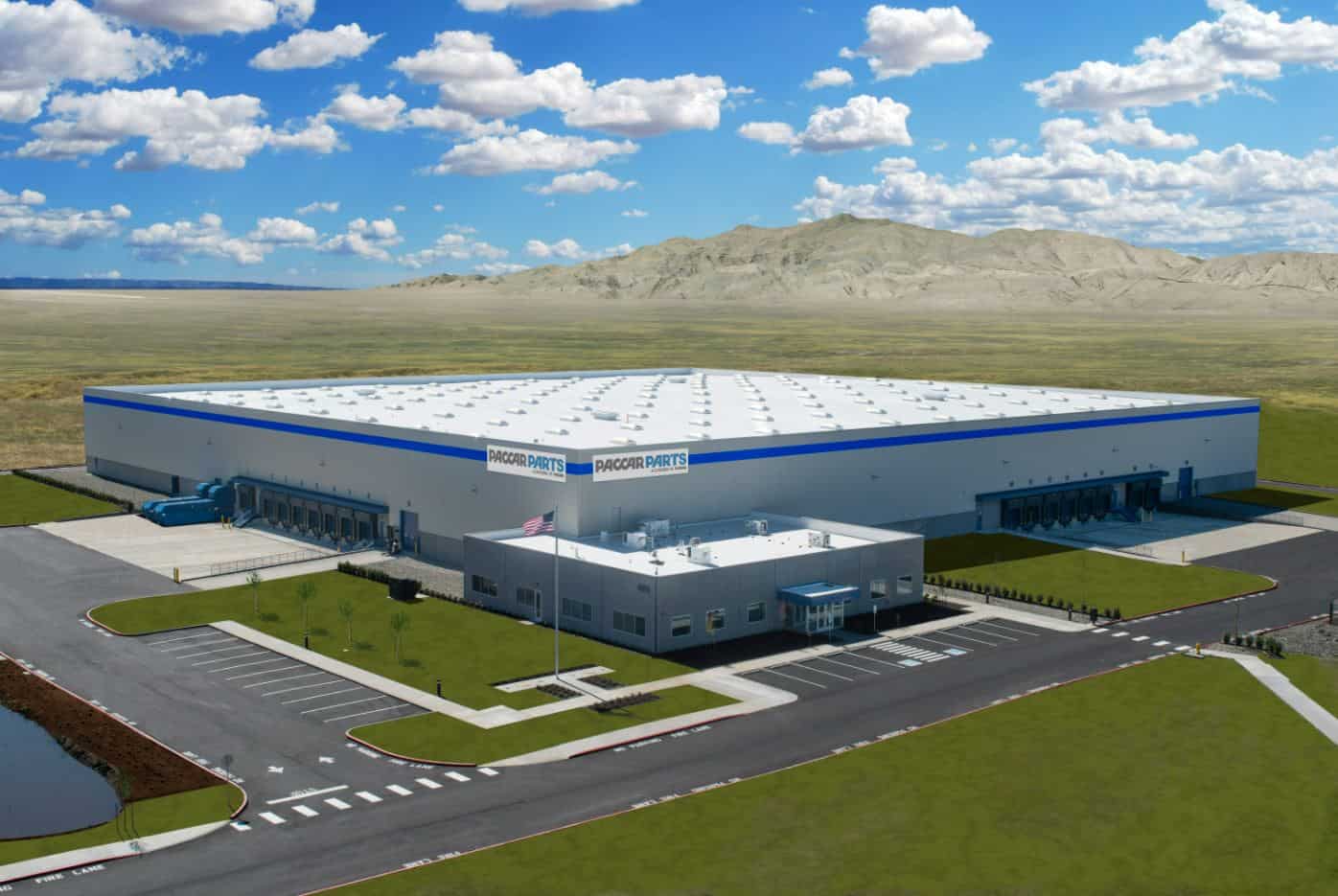EDI critical tool for PACCAR in integration with chain partners
PACCAR is a global player that builds and markets three brands of trucks: daf, originally from the Netherlands, and the American brands Peterbilt and Kenworth.
The PACCAR Parts component focuses on all parts needs that arise after the trucks have been built. The goal of PACCAR Parts is to ensure the highest possible availability of all parts that the end customer needs during the life of the truck.
To achieve this goal, PACCAR Parts supplies parts to dealers through a network of distribution centers in Europe, America, Russia and Australia.




